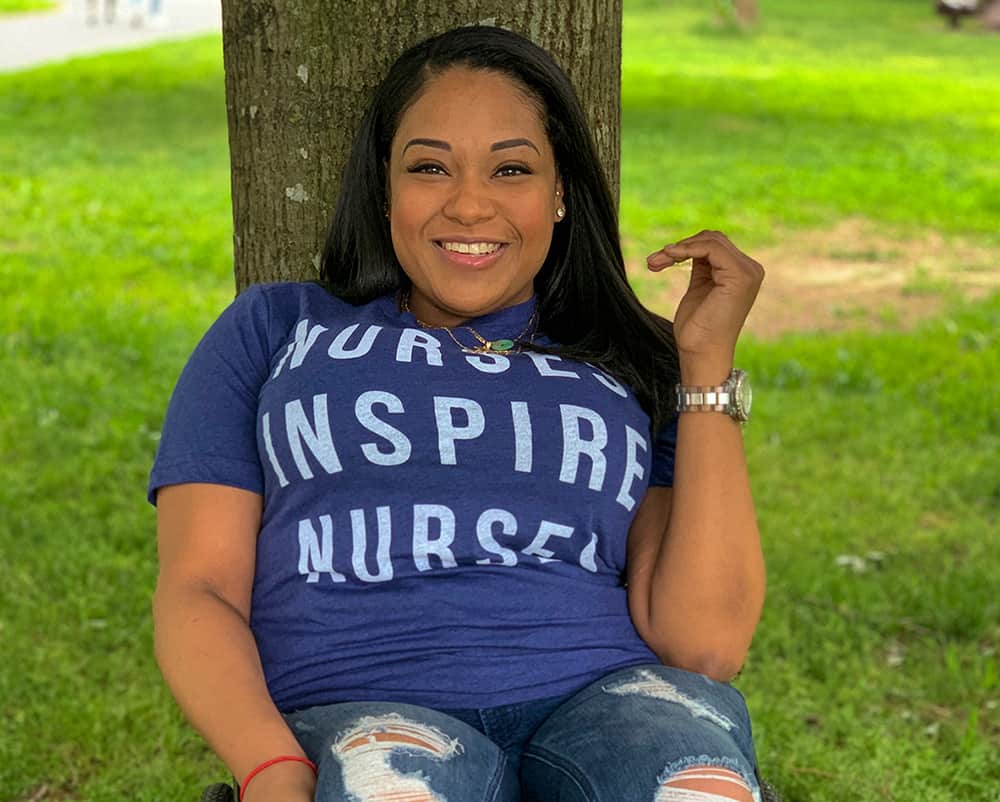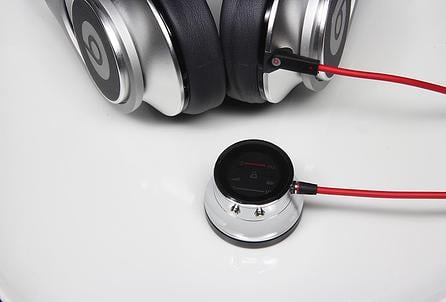As Nurses, we witness the incredible resilience and unique journeys of individuals every single day. July marks an important occasion: Disability Pride Month.
Disability Pride isn't about denying the challenges that can come with living with a disability. Instead, it's about embracing disability as a natural and valuable aspect of human diversity. It's about dismantling stigma, fighting for accessibility, and recognizing the immense contributions of disabled individuals to society.
The History: A Look Back
Did you know that Disability Pride Month is celebrated in July to commemorate a monumental civil rights victory? The Americans with Disabilities Act (ADA) was signed into law on July 26, 1990. This landmark legislation prohibits discrimination against individuals with disabilities in all areas of public life, from employment to transportation and public accommodations. The first official Disability Pride Month celebration occurred in July 2015, marking the ADA's 25th anniversary.
Beyond legislation, the disability rights movement has a rich history of advocacy. Events like the Capital Crawl in 1990, where disabled activists crawled up the steps of the U.S. Capitol, dramatically illustrated the inaccessibility faced by many and spurred the passage of the ADA. These acts of courage laid the groundwork for the pride we celebrate today.
More Than Just a Month: Key Facts About Disability
-
Disability is diverse: It encompasses a vast spectrum of conditions, both visible and invisible, including physical disabilities, neurodiversity, mental health conditions, chronic illnesses, and sensory impairments.
-
A global community: According to the World Health Organization, approximately 16% of the world's population, or an estimated 1.3 billion people, live with a disability, making it the largest minority group globally. In the U.S., over 61 million adults live with a disability (CDC).
-
The Disability Pride Flag: Designed by Ann Magill, the current flag features a charcoal gray background representing mourning for victims of ableist violence and abuse. The diagonal band signifies cutting through barriers, and the five colors represent different types of disabilities: Red (physical), Gold (neurodiversity), White (invisible and undiagnosed), Blue (emotional and psychiatric), and Green (sensory).
-
Combating Ableism: Disability Pride actively challenges ableism – the discrimination and social prejudice against people with disabilities based on the belief that typical abilities are superior. It encourages us to shift from a "medical model" that views disability as something to be "fixed" to a "social model" that recognizes societal barriers as the disabling factor.
Voices of Experience
Patient Voices:
-
"My disability isn't a limitation; it's a different way of experiencing the world. It has given me unique strengths and a perspective I wouldn't trade." – Maria, living with a spinal cord injury
-
"For so long, I felt like I had to hide my invisible illness. Disability Pride Month reminds me that my experiences are valid and that I deserve to be seen and celebrated for who I am, chronic pain and all." – Damian, living with fibromyalgia
-
"When people focus on my wheelchair, they miss me. This month is about showing the world that disabled lives are full, vibrant, and deserve respect." – Sarah, a proud advocate and artist
Nurse Reflections:
-
"As a Nurse, Disability Pride Month is a powerful reminder to always listen, to advocate for accessibility in our healthcare systems, and to see the person, not just the diagnosis. Every patient teaches me something new about resilience and adaptation." – Emily, RN
-
"It's about shifting our mindset. We're here to empower, to support independence, and to make sure our patients receive equitable and dignified care. Celebrating Disability Pride is an extension of that commitment." – Michael, BSN
-
"Disability isn't a tragedy; it's a characteristic. This month challenges us to examine our own biases and focus on creating truly inclusive environments for both our patients and our colleagues." – Jessi, Charge Nurse
How Can We All Celebrate?
Beyond July, the spirit of Disability Pride should inform our actions every day:
-
Educate yourself: Learn about disability history, culture, and current issues.
-
Challenge ableism: Be mindful of language, stereotypes, and unconscious biases.
-
Advocate for accessibility: Support initiatives that promote universal design and inclusion in all areas of life.
-
Amplify disabled voices: Listen to and uplift the experiences of people with disabilities.
-
Celebrate diversity: Recognize and value the unique perspectives and contributions that disabled individuals bring to our communities.
Disability Pride Month is a call to action, a celebration of identity, and a profound reminder that true strength lies in embracing all forms of human diversity. Let's stand together, Nurses and allies, to create a world where every person, regardless of ability, is seen, valued, and empowered to thrive.




